Canada's Election And Trump's Assessment Of Its US Dependence
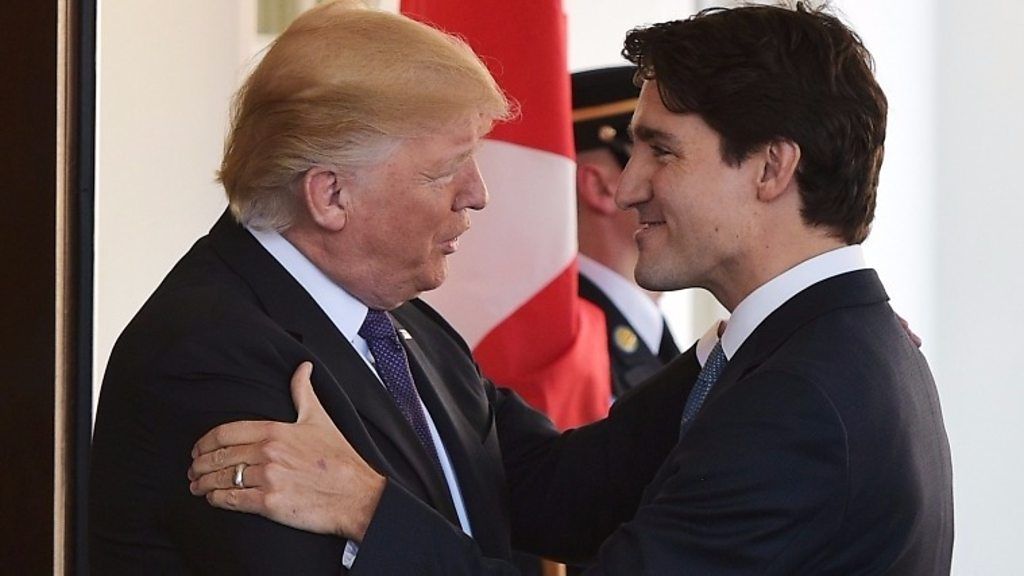
Table of Contents
Trump's Stance on US-Canada Trade and Relations
Trump's presidency was defined, in part, by his skepticism towards established trade agreements. His consistent criticisms of the North American Free Trade Agreement (NAFTA), which he deemed unfair to the United States, culminated in the renegotiation and replacement of NAFTA with the United States-Mexico-Canada Agreement (USMCA). Trump's rhetoric often centered on perceived trade imbalances and the threat of imposing tariffs on Canadian goods, creating considerable anxiety within the Canadian business community.
-
Examples of Trump's specific criticisms of NAFTA: Trump frequently highlighted the perceived trade deficits with Canada, arguing that NAFTA cost the US jobs and allowed Canadian businesses an unfair advantage. He often pointed to specific sectors, such as lumber and dairy, as examples of unfair trade practices.
-
Key policy changes introduced under the USMCA: The USMCA, while largely maintaining the framework of NAFTA, introduced changes in areas such as intellectual property protection, digital trade, and labor standards. These changes aimed to address some of Trump's concerns, though the overall impact on the Canadian economy remained a subject of debate.
-
Impact of Trump's policies on Canadian businesses and the economy: The uncertainty surrounding Trump's trade policies created volatility in the Canadian economy. Businesses faced uncertainty regarding future tariffs and market access, impacting investment decisions and overall economic growth. The renegotiation of NAFTA also required significant effort and resources from the Canadian government.
The Canadian Election's Focus on the US Relationship
The 2021 Canadian election saw all major political parties acknowledge the paramount importance of the Canada-US relationship. However, their approaches to managing this relationship, particularly in light of Trump's policies, differed significantly. The economic interdependence between the two countries—a key aspect of "Canada's Election and Trump's Assessment of its US Dependence"—made the US relationship a central campaign issue.
-
Key policy proposals related to trade with the US from each major party: Each party offered its approach to navigating the USMCA and addressing potential future trade disputes with the United States. These ranged from emphasizing cooperation and dialogue to adopting a more assertive stance in defending Canadian interests.
-
Analysis of how each party would respond to potential pressure from the US: Differing political ideologies influenced how each party proposed to handle potential pressure from the US administration. Some parties prioritized maintaining a strong, cooperative relationship, while others signaled a willingness to challenge US demands.
-
Public opinion on the US-Canada relationship during the election: Public opinion polls indicated a strong desire among Canadians to maintain a positive relationship with the United States, while also expressing concerns about the potential impact of Trump's policies.
Impact of Trump's Assessment on Canadian Politics
Trump's assessment of Canada's dependence on the US significantly influenced the political discourse during the 2021 election. His pronouncements shaped campaign strategies and forced candidates to articulate their approaches to managing the complex Canada-US relationship.
-
Examples of how Trump's statements shaped the political discourse in Canada: Trump's tweets and public statements frequently dominated Canadian news cycles, influencing public perception of the US and shaping the debate on trade and foreign policy.
-
Specific instances where candidates addressed or avoided Trump's criticisms: Candidates employed various strategies, some directly addressing Trump's criticisms, others focusing on broader themes of economic diversification or international cooperation to deflect attention.
-
Analysis of potential long-term consequences for bilateral cooperation: Trump's approach to trade and diplomacy potentially created lasting effects on the level of trust and cooperation between the two countries, influencing future negotiations and policy initiatives.
Beyond Trump: The Future of Canada-US Relations
While Trump's presidency ended, its impact on the Canada-US relationship lingers. Understanding the future requires analyzing both enduring cooperation and potential sources of friction beyond the specific policies of one individual. This is crucial for comprehending the longer-term implications of "Canada's Election and Trump's Assessment of its US Dependence."
-
Ongoing areas of cooperation between the two countries (e.g., defense, environmental protection): Despite trade tensions, Canada and the US maintain significant cooperation in areas such as defense, security, and environmental protection, reflecting a deeper, multifaceted relationship.
-
Potential sources of future conflict or tension: Disagreements on issues like climate change, energy policy, and immigration could continue to strain the relationship, highlighting the need for ongoing diplomatic engagement.
-
Projections for the future of trade and economic cooperation: The USMCA provides a framework for future trade relations, but the relationship's long-term trajectory will depend on the policies of successive administrations in both countries and the ongoing need for adaptation and negotiation.
Conclusion: Understanding the Long-Term Effects of "Canada's Election and Trump's Assessment of its US Dependence"
Trump's presidency profoundly impacted the 2021 Canadian election, forcing a renewed focus on the complexities of the Canada-US relationship. His unpredictable trade policies and critical rhetoric highlighted the inherent vulnerabilities and opportunities within this vital bilateral partnership. The election demonstrated the intertwined nature of domestic Canadian politics and external pressures from the United States, underscoring the importance of understanding the interplay between these two forces. Stay informed about the evolving dynamics between Canada and the US by following current events and engaging in thoughtful discussions about the future of this crucial relationship. Understanding "Canada's Election and Trump's Assessment of its US Dependence" is critical for comprehending North American geopolitical realities.

Featured Posts
-
 Ptitsy Giganty Raskryvaya Tayny Vymershikh Vorombe
Apr 30, 2025
Ptitsy Giganty Raskryvaya Tayny Vymershikh Vorombe
Apr 30, 2025 -
 Who Is Inka Williams A Look At Channing Tatums Latest Romance
Apr 30, 2025
Who Is Inka Williams A Look At Channing Tatums Latest Romance
Apr 30, 2025 -
 Watch Untucked Ru Pauls Drag Race Season 17 Episode 6 Free Streaming Options
Apr 30, 2025
Watch Untucked Ru Pauls Drag Race Season 17 Episode 6 Free Streaming Options
Apr 30, 2025 -
 Nba Legends Unexpected Godfather Role On Ru Pauls Drag Race Revealed
Apr 30, 2025
Nba Legends Unexpected Godfather Role On Ru Pauls Drag Race Revealed
Apr 30, 2025 -
 Our Farm Next Door Amanda Clive And Their Kids Daily Life
Apr 30, 2025
Our Farm Next Door Amanda Clive And Their Kids Daily Life
Apr 30, 2025
Latest Posts
-
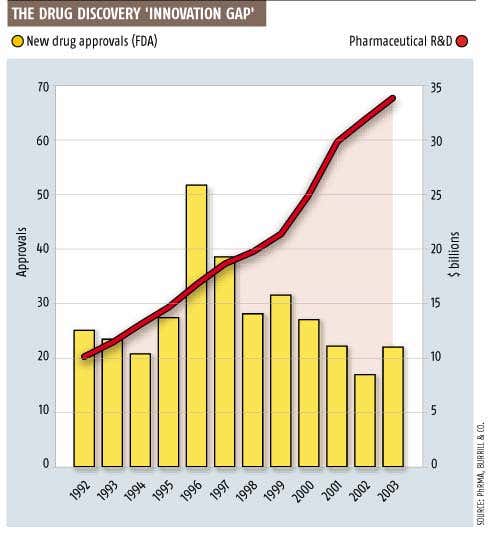 Merck To Build 1 Billion Factory For Us Supply Of Blockbuster Drug
Apr 30, 2025
Merck To Build 1 Billion Factory For Us Supply Of Blockbuster Drug
Apr 30, 2025 -
 Mercks 1 Billion Investment A New Us Factory For Key Drug Production
Apr 30, 2025
Mercks 1 Billion Investment A New Us Factory For Key Drug Production
Apr 30, 2025 -
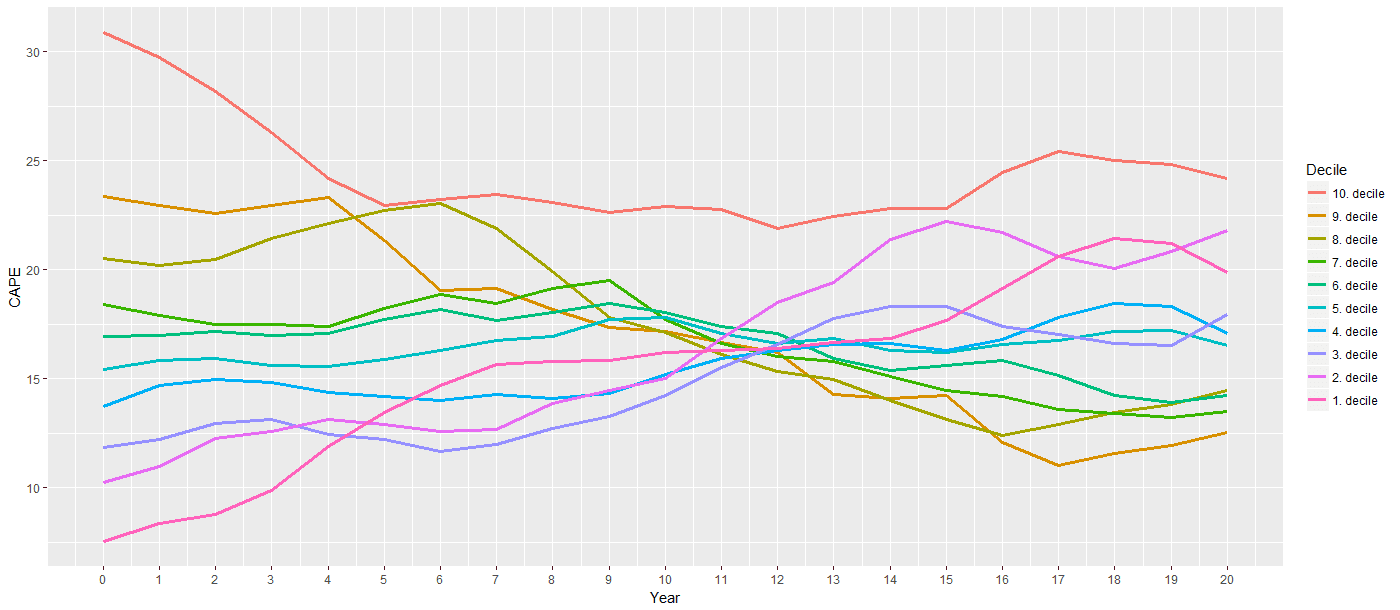 Investor Concerns About High Stock Market Valuations Bof As Response
Apr 30, 2025
Investor Concerns About High Stock Market Valuations Bof As Response
Apr 30, 2025 -
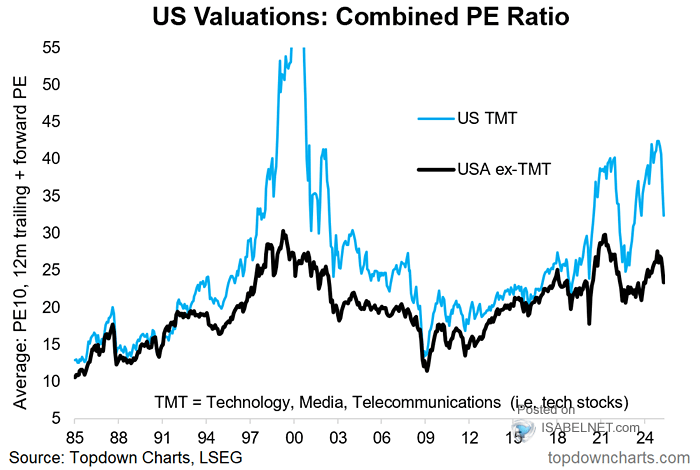 Understanding High Stock Market Valuations Bof As Insights For Investors
Apr 30, 2025
Understanding High Stock Market Valuations Bof As Insights For Investors
Apr 30, 2025 -
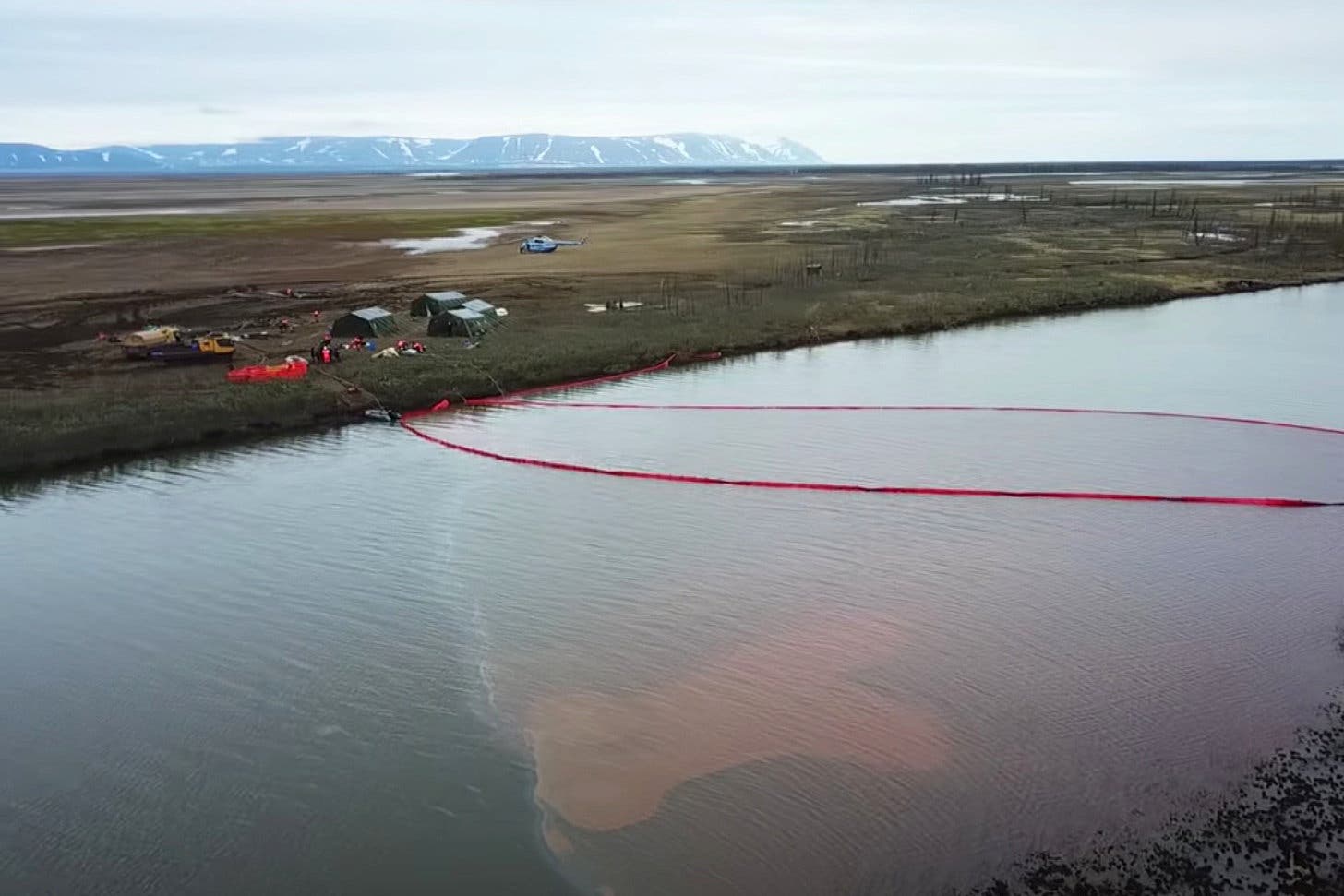 Emergency Beach Closures In Russia Following Black Sea Oil Spill
Apr 30, 2025
Emergency Beach Closures In Russia Following Black Sea Oil Spill
Apr 30, 2025
